۔ دونوں کی تصویر نے سوشل میڈیا پر سنسنی مچا دی ہے۔
Nuq4 Latest Questions
-
جانئے ان 10 ممالک کے بارے میں جہاں اسمارٹ فون استعمال کرنے والوں کی تعداد سب سے زیادہ ہے۔ 9
جانئے ان 10 ممالک کے بارے میں جہاں اسمارٹ فون استعمال کرنے والوں کی تعداد سب سے زیادہ ہے۔
See less9- Share
-
۔ اپنی آواز کا جادو بکھیرنے والے سونو نگم کو موسیقی کی دنیا میں اپنا نام بنانے کے لیے کافی جدوجہد کرنی پڑی۔ یہی نہیں، جس فلم کے لیے انہوں نے پہلی بار گایا تھا، وہ بند کر دی گئی تھی
۔ اپنی آواز کا جادو بکھیرنے والے سونو نگم کو موسیقی کی دنیا میں اپنا نام بنانے کے لیے کافی جدوجہد کرنی پڑی۔ یہی نہیں، جس فلم کے لیے انہوں نے پہلی بار گایا تھا، وہ بند کر دی گئی تھی
See less- Share
-
اس کی وجہ بہت دلچسپ ہے / فائل فوٹو
See lessاس کی وجہ بہت دلچسپ ہے / فائل فوٹو
- Share
-
یہ گیم پہلی بار 1985 میں متعارف کرائی گئی تھی / اے ایف پی فوٹو یہ اس گودام کا مالک تھا / فوٹو بشکریہ ریڈیٹ
یہ گیم پہلی بار 1985 میں متعارف کرائی گئی تھی / اے ایف پی فوٹو
یہ اس گودام کا مالک تھا / فوٹو بشکریہ ریڈیٹ
See less- Share
-
اس پہیلی میں آپ کے سامنے نیچے 4 کپ موجود ہیں جن پر نمبر لکھے ہوئے ہیں. کیا اس پہیلی کا جواب دے سکتے ہیں / اسکرین
اس پہیلی میں آپ کے سامنے نیچے 4 کپ موجود ہیں جن پر نمبر لکھے ہوئے ہیں.
See lessکیا اس پہیلی کا جواب دے سکتے ہیں / اسکرین
- Share
-
اسلام آباد: وفاقی کابینہ نے 2026 کیلئے نئی حج پالیسی کی منظوری دے دی
See less
اسلام آباد: وفاقی کابینہ نے 2026 کیلئے نئی حج پالیسی کی منظوری دے دی
- Share























 اس کی وجہ بہت دلچسپ ہے / فائل فوٹو
اس کی وجہ بہت دلچسپ ہے / فائل فوٹو یہ گیم پہلی بار 1985 میں متعارف کرائی گئی تھی / اے ایف پی فوٹو
یہ گیم پہلی بار 1985 میں متعارف کرائی گئی تھی / اے ایف پی فوٹو
 یہ اس گودام کا مالک تھا / فوٹو بشکریہ ریڈیٹ
یہ اس گودام کا مالک تھا / فوٹو بشکریہ ریڈیٹ
 کیا اس پہیلی کا جواب دے سکتے ہیں / اسکرین
کیا اس پہیلی کا جواب دے سکتے ہیں / اسکرین فوٹو: فائل
فوٹو: فائل

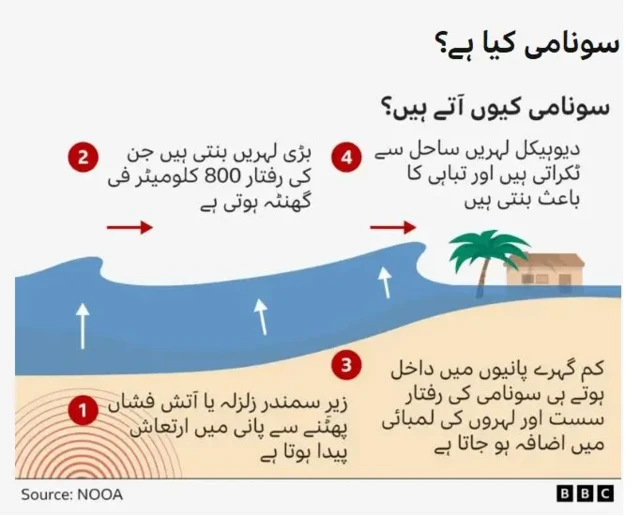
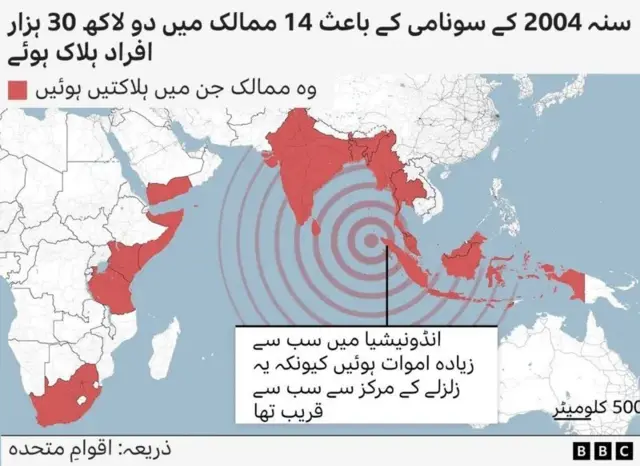


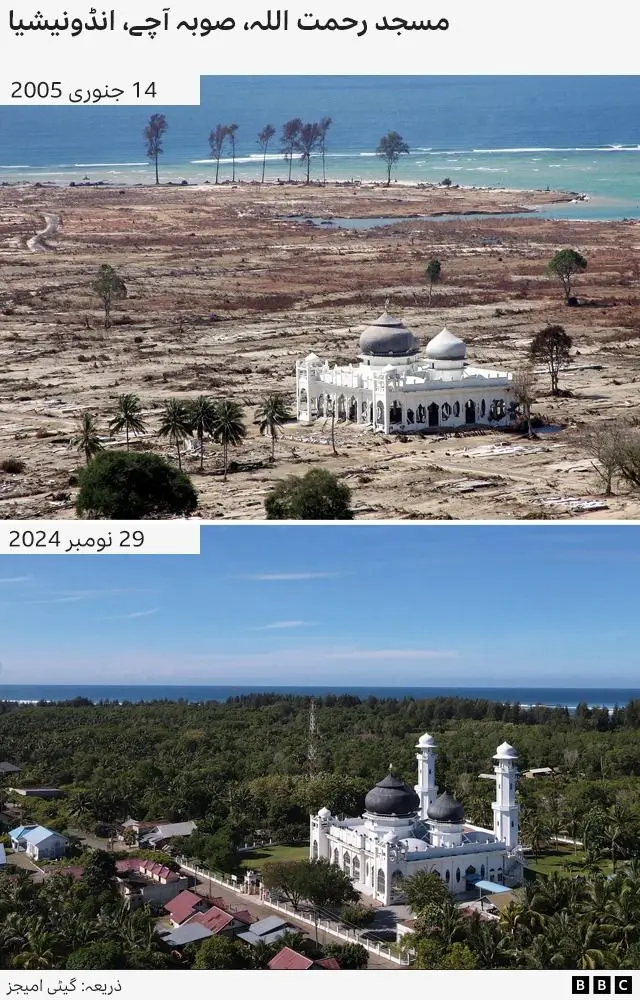
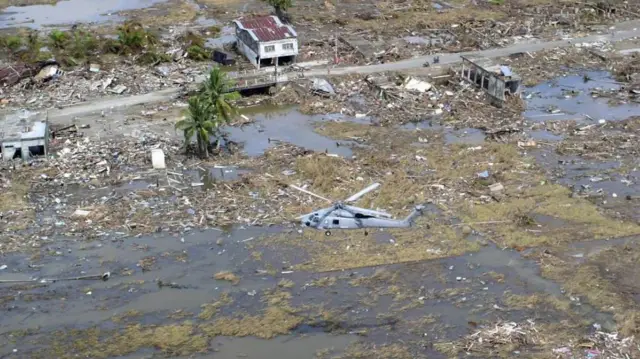
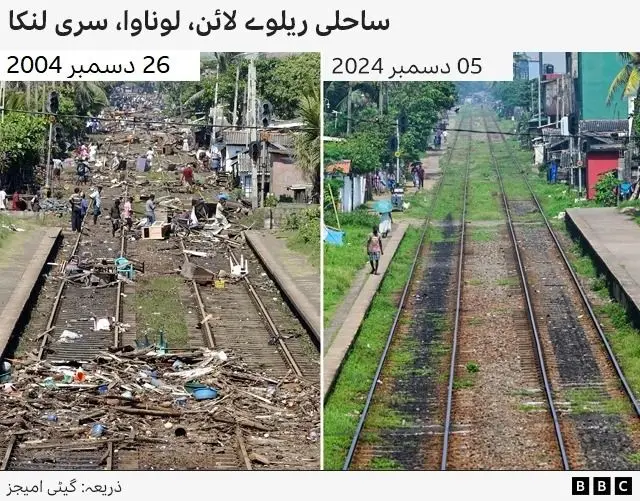
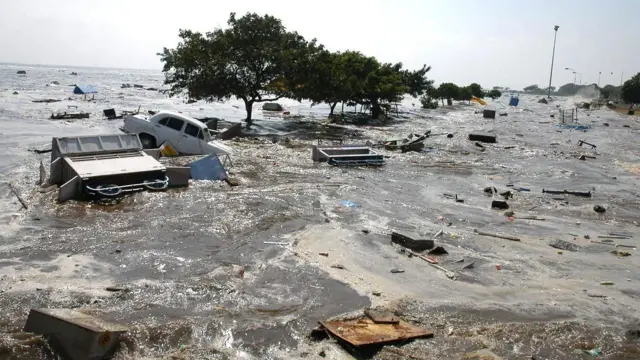
، کپتان بین اسٹوکس آخری ٹیسٹ سے باہر.
، کپتان بین اسٹوکس آخری ٹیسٹ سے باہر.